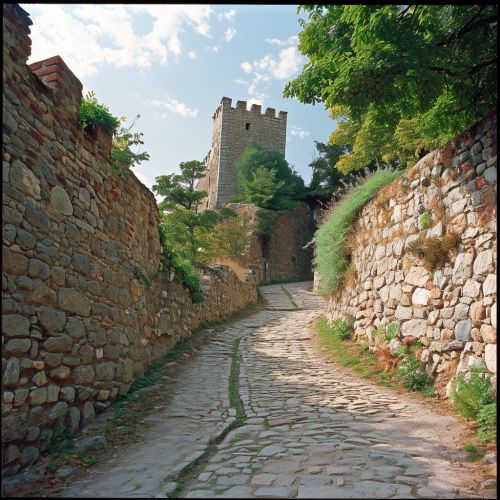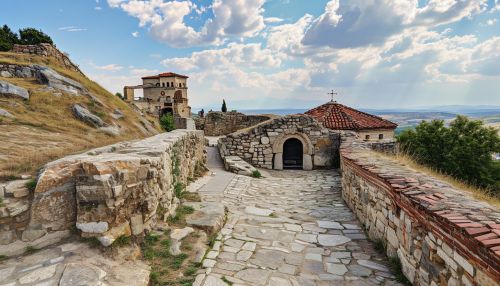History of Bulgaria
Early History
The early history of Bulgaria can be traced back to the Neolithic period, around 6000 BC, when the first known agricultural societies in Europe were established. The Thracians, an Indo-European tribe, settled in the region around 2000 BC and established a rich and powerful civilization. The Thracians were known for their advanced metalworking skills and their complex religious beliefs, which included the worship of a pantheon of gods and goddesses.
Roman Rule
In the 1st century AD, the Thracian lands were conquered by the Romans, who incorporated the region into the province of Thrace. The Romans brought with them their advanced infrastructure, including roads, fortresses, and cities. The city of Serdica (modern-day Sofia) became an important regional center during this time.
Byzantine Era
After the fall of the Western Roman Empire in the 5th century, Bulgaria became part of the Eastern Roman (Byzantine) Empire. The Byzantine era was marked by frequent invasions from various barbarian tribes, including the Huns, the Goths, and the Avars.
First Bulgarian Empire
In the late 7th century, the Bulgars, a Turkic tribe from Central Asia, established the First Bulgarian Empire. The Bulgars mixed with the local Slavic population, adopting their language and converting to Christianity in the 9th century. The First Bulgarian Empire reached its zenith under Tsar Simeon I, who expanded the empire's borders and promoted Bulgarian culture and literature.
Second Bulgarian Empire
The First Bulgarian Empire fell to the Byzantines in 1018, but a new Bulgarian state, the Second Bulgarian Empire, emerged in 1185. The Second Empire was a major European power in the 13th and 14th centuries, known for its strong economy, powerful military, and vibrant culture.


Ottoman Rule
In the late 14th century, the Second Bulgarian Empire was conquered by the Ottomans, marking the start of five centuries of Ottoman rule. The Ottomans imposed heavy taxes and forced many Bulgarians to convert to Islam. Despite these hardships, Bulgarian culture and identity survived, and in the 19th century, a national revival movement emerged.
Independence and Modern Bulgaria
Following a series of uprisings and wars in the late 19th century, Bulgaria gained independence from the Ottoman Empire in 1908. In the 20th century, Bulgaria went through a series of political changes, from monarchy to communist rule, and finally to a democratic republic in 1989. Today, Bulgaria is a member of the EU and NATO, and it continues to develop and modernize.
